Geology course: All Details About This Academic Program
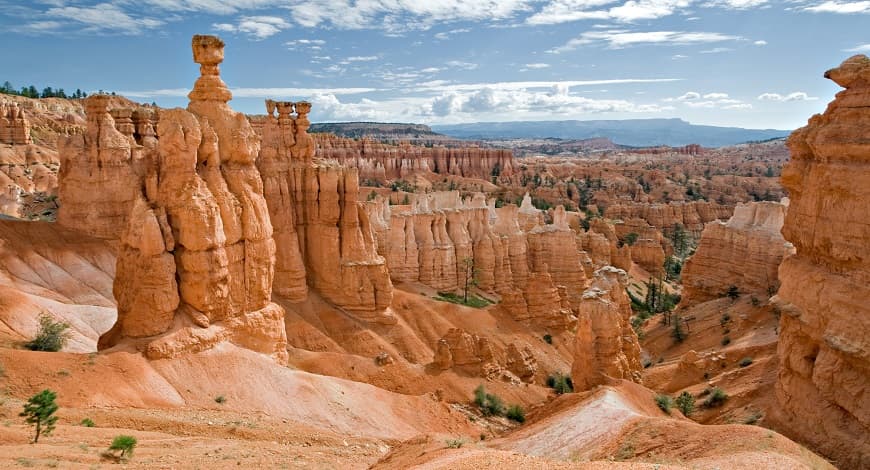
Geology course is also one of the popular academic programs in India and study of this subject can pave way for a great career.
This article intends to familiarize the students with all the details about the Geology course that is available at various levels like diploma, under graduation and post graduation.

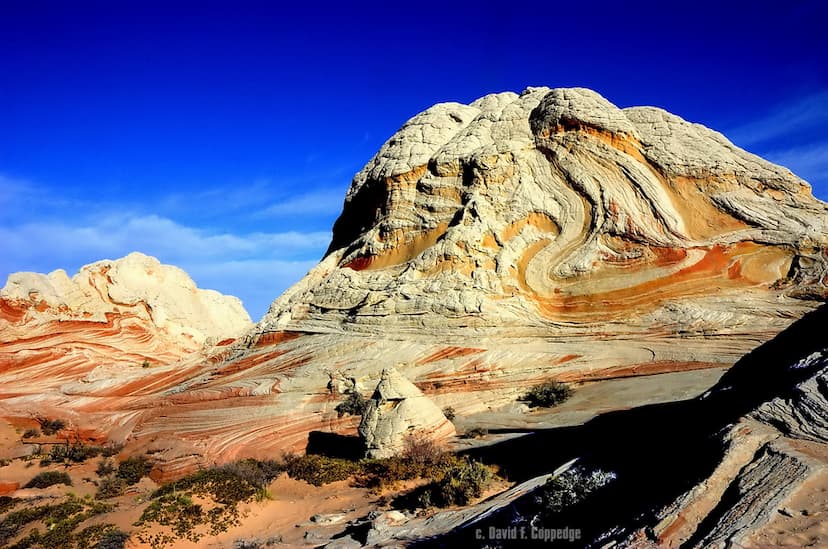
This article wishes to highlight career opportunities open for those who study Geology course and also the lessons they would learn after enrolling in the programme.
About Geology course
Geology course means the study of earth, its surface and its components. It is the study of earth’s crust and also what lies inside the core.
Geology course is also about studying the inner surface of the earth and finding out minerals, raw materials that can have commercial applications.

The Geology course also studies natural phenomenon like landslides, earthquakes, floods and volcano eruptions and comes up analysis reports which can be of great use.
Geology course is also about studying natural phenomenon like earthquakes, landslides and volcano eruptions and predicting the chances of them occuring in future.
Geologists prepare analysis reports to point out areas that could be vulnerable to natural disasters as a mark of precaution to avoid human activity in those areas.

Geology course is also about studying of earth’s history. It studies in depth as to how earth was formed and how did it transform over the years.
The course
Geology course can be studied at under graduation, post graduation or diploma level.
Geology course is offered under ‘Sciences’ section in many colleges or universities located across India.
BSc and BSc Honours
At the undergraduate level Geology course is offered as BSc in Geology or BSc Honours in Geology.

MSc
At the post graduate level, Geology course is offered in the name Master of Science in Applied Geology and Geoinformatics.
In certain other educational institutions, Geology course is offered as Master of Science in Applied Geology.
Couple of other educational institutions call Geology course as ‘Master of Geology in Earth Science and Resource Management.’
Some colleges call Geology course as Master of Science in Geology.
Many other colleges call the course as ‘Master of Science in Petroleum Geology’ and ‘Master of Science and Technology in Geology’
MPhil
MPhil in Geology course is offered in the name of ‘Master of Philosophy in Applied Geology’ or ‘Master of Philosophy in Geology’
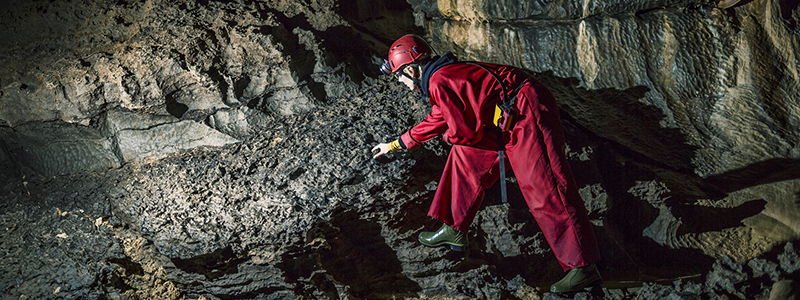
Diploma
Diploma in the course is offered as ‘Diploma of Associateship in Applied Geology’
Point to remember
A few colleges may offer the programme as a regular course, while certain others many offer the course as Honours either at UG or PG level.
Honours course at UG or PG level has lessons related to one of more specialised subjects in addition to the regular lessons.
Couple of other educational institutions may offer the programme as a course that is surrounding around one or more specialised areas like petroleum, hydrology, mineralogy, seismology.
It is owing to these reasons, that the name of the course and its respective degree may vary from one educational institution to the other.
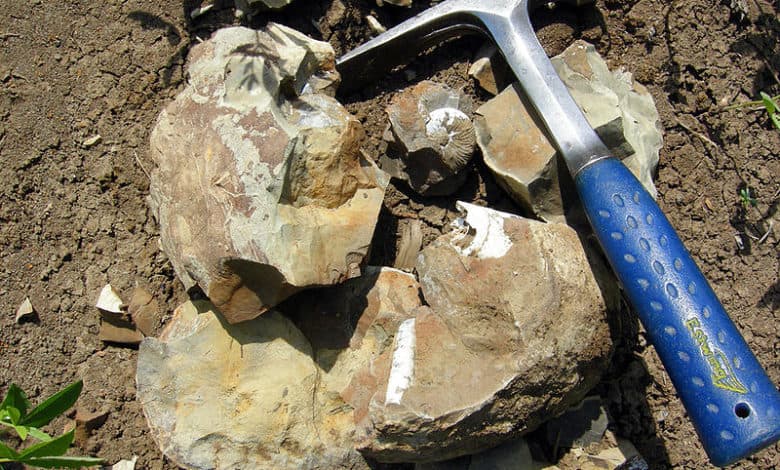
Diploma
Candidates willing to study diploma course must have passed plus-two with physics, chemistry and maths as subjects with minimum of 55 percent pass marks.
Bachelors
Individuals who have score atleast 55 percent pass marks in plus-two with maths, physics and chemistry as subjects can apply for the bachelors course in the subject.
Masters
Students aspiring to study masters course must have passed BSc in any discipline with 55 percent pass marks.
Certain colleges may stress of BSc in Geology or Geology as one of the subjects with 55 percent pass marks as eligibility criteria.
Doctorate
Candidates who scored 55 percent pass marks in post graduation in Geology can apply for doctorate in the subject.
Point to remember
Certain institutions offer specialised courses and joining those courses may require getting good score in competitive exams.
IIT Kharagpur offers specialised course in Exploration Geophysics, candidates who passed plus-two in maths, physics and chemistry and get a good score in JEE can join it.
Similarly, certain other educational institutions offer MTech in Geology and Geophysics. Candidates willing to study it must pass B.Tech or MSc or BE and also have a good score in GATE.
Duration and Fees
Diploma
Diploma course is of one year duration and the fee is estimated to be around Rs 5,000 to 10,000. However, the exact fee may vary from one college to the other.
Undergraduate
Undergraduate course is of three years duration. The fee to study the three year UG Geology could be around Rs 11,000 to Rs 1 lakh per annum.
Post Graduate
The PG course is of two year duration. The fee required to study the course expected to be around Rs 25,000 to Rs 1 lakh per annum.
Doctorate
The duration for doctorate degree is two to three years, the exact time frame required to complete the doctorate may vary depending on various situations.
The fee to be paid to a doctorate course study is estimated to be around Rs 1 or 2 lakhs per annum.
Point to remember
The fees mentioned above for the study of the course are an estimate. The exact amount may vary from one college to another due to various reasons.
Students can approach the official websites of the college or browse the admission prospects or contact the college directly to know the exact fees.
The lessons
This is about the topics related to Geology one is likely to study as a part of their programme.
Undergraduate
The first year of undergraduate programme will have lessons related to Structural Geology, Physical Geology and Geomorphology, Mineralogy and Crystallography and Mineral Optics.
The second year UG will have lessons related to Stratigraphy, Palaeontology, Petrology I and Petrology II.
The third year undergraduation lessons are Exploration Geology and Remote Sensing, Economic Geology, Hydrogeology and Environmental Geology and Engineering Geology and Mining Geology.
Post Graduate
The curriculum of first year post graduate programme has lessons related to Sedimentary Petrology, Metamorphic Petrology, Igneous Petrology and Mineralogy, Optics, and Crystallography.
The other lessons in the first year post graduation are Economic Geology, Structural Geology and Geo-Techtonics, Remote Sensing and Geomorphology, Stratigraphy and Paleontology.
The second year post graduation has lessons related to Geochemistry, Geophysics and Exploration Methods, Hydrogeology.
The second year post graduation may also have optional papers related to Geoinformatic Mining Geology, Gemology and Industrial Mineralogy, Marine Geology.
The other lessons in second year of post graduation are Environmental Geology, Natural Resource Management, Geo-Techniques and Engineering Geology.
Added to the above topics, the second year post graduate students may also have to submit dissertation.
PhD
Syllabus for doctorate degree in Geology course may have literature review, geological survey, remote sensing, sampling.
The other topics covered are microscopy, geochemical analysis and geo-scientific writing.
Literature review is about understanding the local or regional geology, geomorphology, mineral deposit, tectonic settings.
Geological survey deals with study of nature and scope of geology, toposheets, field equipment, base maps.
Remote Sensing deals with how to apply remotesensing techniques in various fields of geological studies.
Sampling is about understanding various sampling techniques and preparation of samples and also deals with various types of samples.
Microscopy is about studying about various types of microscopes and understanding their purposes and usage in geological research.
Geochemical Analysis is about various geochemical instruments and techniques for analyzing water samples, rocks and soil layers.
Geo-Scientific Writing deals with writing scientific papers along with required illustrations and technical reports.
It also deals with writing practises to be followed and how to make verbal and poster presentations effectively.
Point to remember
While the above said curriculum talks about Geology course lessons taught at various educational institutions in India, it is to remember that these portions are general in nature and they can vary from one institute to another in reality.
A few institutes may have their own syllabus and couple of others may add additional chapters to make the Geology course more relevant with changing times.
So students can visit the websites of colleges offering the course to know about the exact syllabus of Geology course.
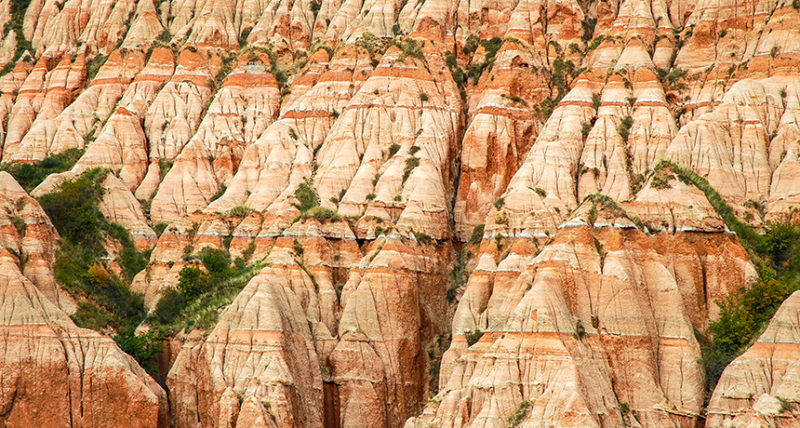
Teachers
Researchers
Seismologists
Oceanographers
Meteorologists
Processing Geophysicist
Geological Advisor
Development Geologist
Head of Wind Resource Assessment
The salary for the jobs is expected to be around Rs 2 to Rs 3.5 lakhs per annum in India.
As the experience and proficiency levels of the candidates rises, salary and pay package may reach even Rs 9 lakh per annum.
Colleges offering the course
There are various colleges that offer Geology course in India. About 142 colleges are said to offer MSc in Geology and about 153 colleges are said to provide BSc in Geology.
The most popular among the colleges offering the Geology course are IIT Kharagpur, Benaras Hindu University, IIT Bombay and University of Delhi.
S Vishnu Sharmaa now works with collegechalo.com in the news team. His work involves writing articles related to the education sector in India with a keen focus on higher education issues. Journalism has always been a passion for him. He has more than 10 years of enriching experience with various media organizations like Eenadu, Webdunia, News Today, Infodea. He also has a strong interest in writing about defence and railway related issues.






